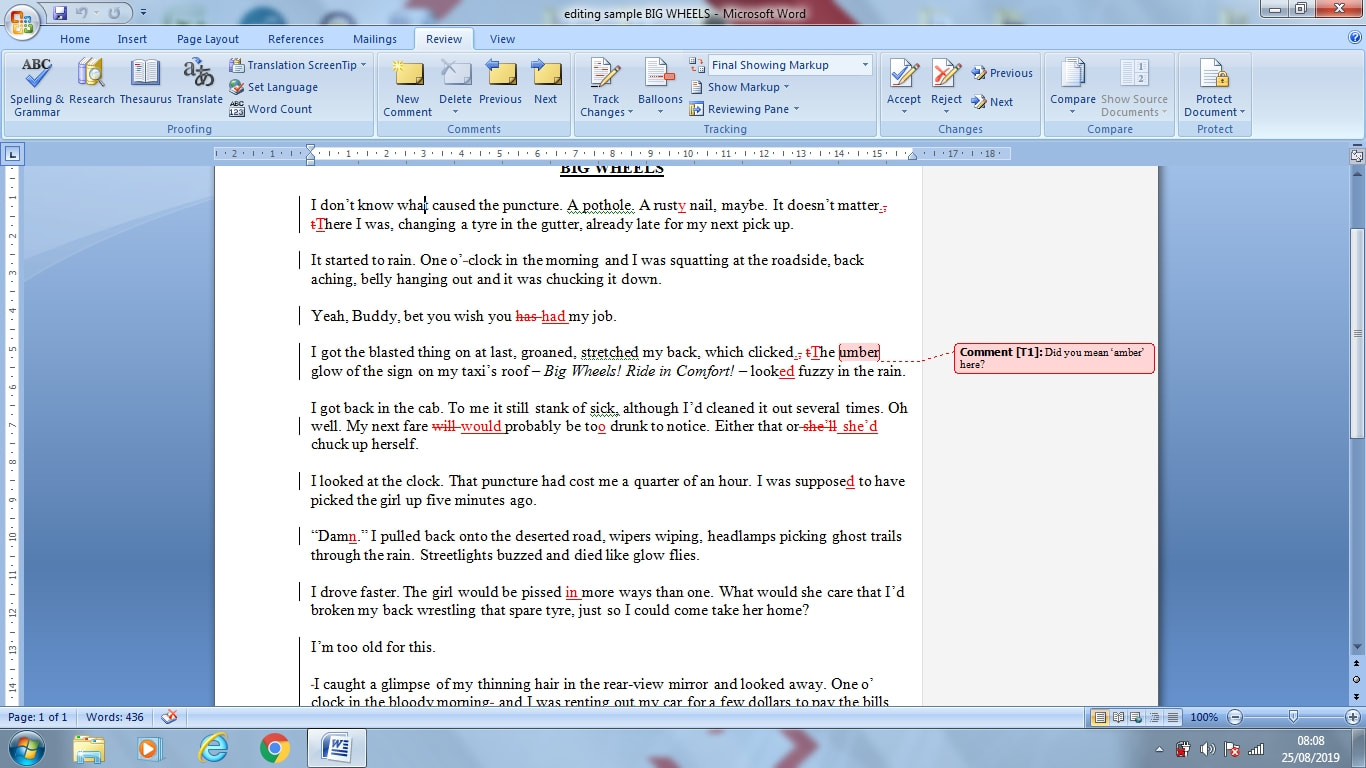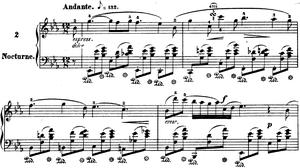Some casting choices have been... interesting. Think Pierce Brosnan in Mamma Mia! or Russell Crowe in Les Misérables. But some choices have been inspired. Here are five A-list actors who surprised us all with their singing ability.
Dwayne Johnson
| Now one of the highest paid actors in Hollywood, Johnson made his name as professional wrestler The Rock with the WWF. He had his first acting role in 2001’s The Mummy Returns, but is probably best known for playing hard man Luke Hobbs in The Fast and the Furious franchise. So we were all surprised (and impressed) at Johnson’s voice when he sang “You’re Welcome”, as Maui, his character from the 2016 Disney film Moana. | |
Anne Hathaway
| Starring in The Princess Diaries, Brokeback Mountain, The Devil Wears Prada and The Dark Knight Rises, Hathaway won the Best Supporting Actress Academy Award for her portrayal of Fantine in the 2012 film adaption of Les Misérables. Who can forget her heart-wrenching rendition of I Dreamed A Dream (Susan Boyle who?). | |
Gerard Butler
| As the hulky action star of Olympus Has Fallen (and its sequels), you may be surprised to learn that before his breakthrough role as King Leonidas in Zack Snyder’s historic (?) fantasy 300, Butler actually starred in the 2004 adaption of Andrew Lloyd Webber’s The Phantom of the Opera. He played the phantom, one of the most demanding roles for any tenor. Andrew Lloyd Webber has said the song The Music of the Night is the hardest he’s ever written because of its large vocal range (2 octaves, from low to high Ab). | |
Emma Watson
| Best known for her role as Hermione Granger in the Harry Potter films, it was a surprise to find Watson cast as Belle in the 2017 adaption of Disney’s Beauty and the Beast. We might have all been a little sceptical, but she does a thoroughly decent job. She was even nominated for an Empire Award, whatever that is. | |
Hugh Jackman
| Jackman’s singing ability should not have come as a shock – he started off in stage musicals, such as Beauty and the Beast, Sunset Boulevard and The Boy from Oz, for which he won a Tony Award. But for those of us who only really knew him as Wolverine from the X-Men films, seeing him as Jean Valjean in Les Misérables (alongside Anne Hathaway) was a surprise. He did a decent job (but does he not have a falsetto register!?) but his turn as the title role in the 2017 blockbuster The Greatest Showman really impressed us all. Listen to his range! | |
And five honourable mentions...
JOHNNY DEPP - Known for Edward Scissorhands, Pirates of the Caribbean and Fantastic Beasts: The Crimes of Grindelwald, he actually won a Golden Globe for his portrayal of the title character in Stephen Sondheim's Sweeney Todd: The Demon Barber of Fleet Street.
AMANDA SEYFRIED - The star of Mean Girls and HBO's drama Big Love co-starred with Meryl Streep in Mamma Mia and also Hugh Jackman and Anne Hathaway, playing Cosette in Les Misérables.
EWAN MCGREGOR - McGregor's internation breakthrough came in Danny Boyle's 1996 film Trainspotting, and he is also known for playing the young Obi-Wan Kenobi in the Star Wars Trilogy, episodes I-III at the turn of the millennium. His voice really impressed us all when he starred alongside Nicole Kidman in 2001's Moulin Rouge!.
CATHERINE ZETA-JONES - Initially finding success with the British television series The Darling Buds of May and then Hollywood films such as The Mask of Zorro and Entrapment, Zeta-Jones won an Academy Award for her role in the 2002 musical Chicago.


